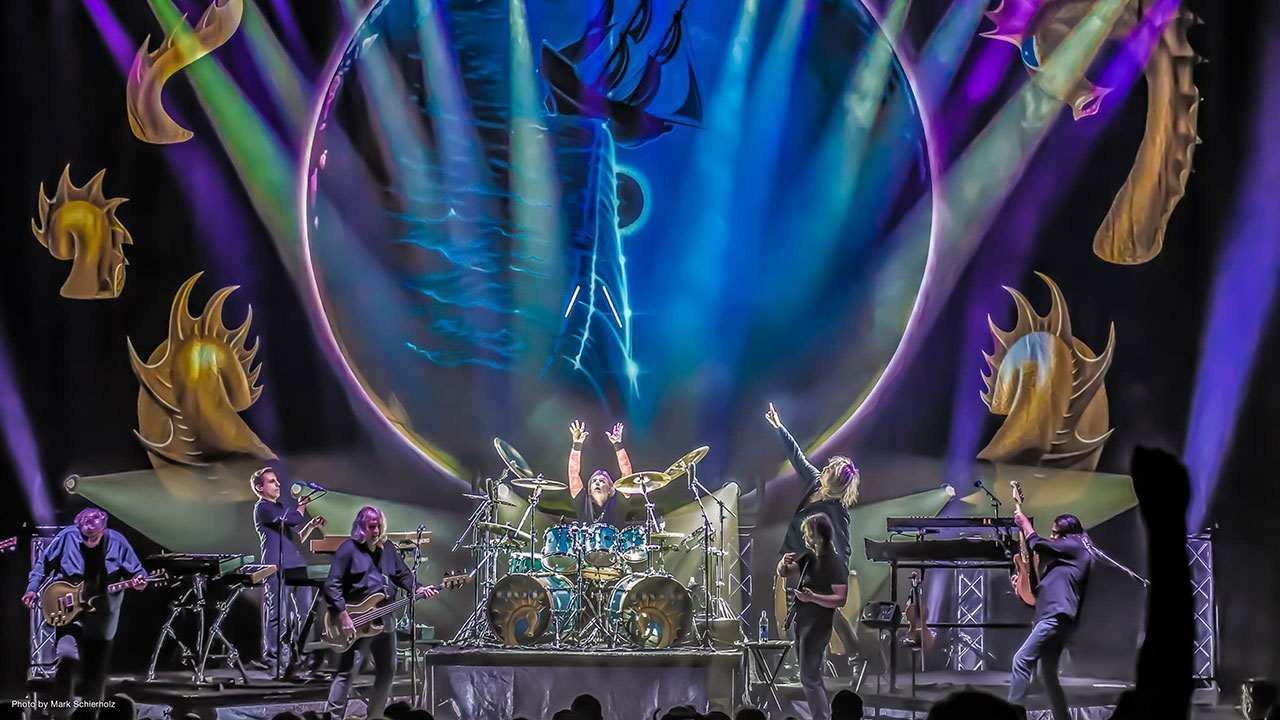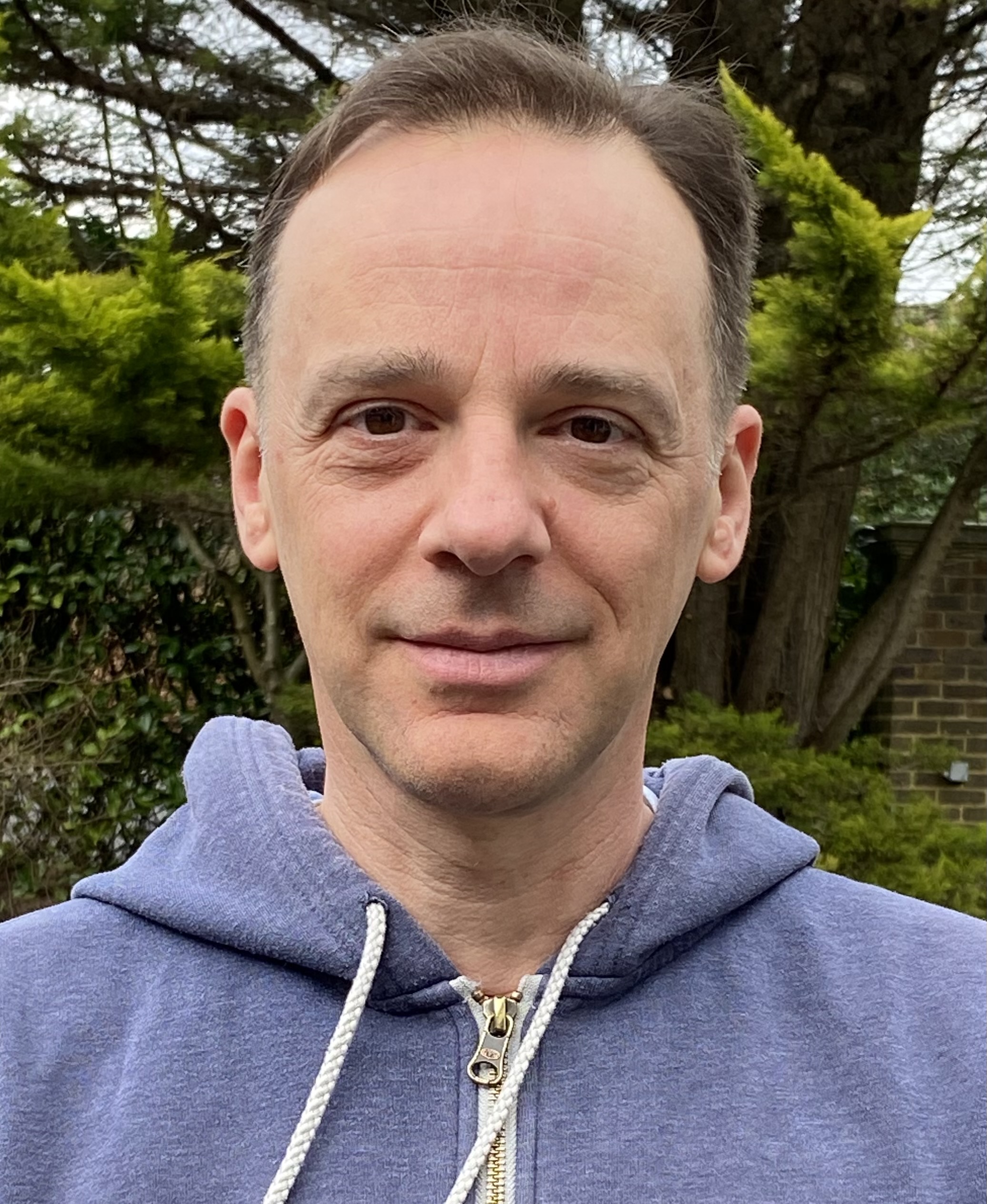The current issue of Prog Magazine, issue 122 with Genesis on the cover, features Prog's Back To Live report, looking at the return of the live music scene and the implications that means for the progressive music community. Space dictated we had to drop a small part of the report from the print title but we're running it online for all to read...
Drummer Phil Ehart estimates having played between 3,000 and 5,000 shows over almost fifty years as one of Kansas’s two remaining co-founders. But Ehart wears a second hat for the band, serving as their manager since the late 1980s alongside his musical duties. “If there’s a problem, it ends up on my desk,” he laughs.
In recent years, allied to the recruitment of Ronnie Platt (following the retirement of vocalist/keyboardist Steve Walsh) and a change of booking agency, there’s been a Kansas resurgence. Kansas aren’t just one of the US’s leading progressive rock bands. They’re also an American classic rock institution whose impact extends into mainstream culture. Buoyed by the use of one of their signature hits, Carry On Wayward Son, in TV show Supernatural, they reach far beyond prog’s usual demographic, as evidenced by 1.5 million Facebook followers and 7 million monthly listeners on Spotify. (For comparison, Genesis have just over 2 million and 6 million respectively.)
According to Ehart, Kansas averaged 80 to 100 shows annually pre-pandemic. Those shows were frequently sold out and consequently lucrative for the band, their booking agents and promoters. However, with their Clearwater show being socially distanced, inevitably the economics were adversely impacted. Irrespective of 50% audience capacity, the band’s cost base remains the same as for a regular, full capacity show.
While Ehart says that the Clearwater show returned a profit, it’s difficult to envisage how bands can play a series of socially distanced shows without ticket prices radically increasing. “Our agent knows our expenses and deals with the financial side with a promoter. As the manager of the band, going out to play and losing money is not something I want to do; nor does our agent. For our first two shows back in May, we were right where we should have been as far as making a profit so everybody could get paid. The promoter made money too.”
Without the opportunity to fill a venue beyond 50% capacity and ‘beat’ the guaranteed fee offered by a promoter, an artist foregoes the potential and often significant financial upside of a full venue. Consider also that Kansas’s crew numbers 10 people, many with decades of loyal service to the band. “We applied for various governmental programs for our crew and got them subsidised over this period to help them make the rent and eat. We didn’t want to lose anybody from our crew, and we haven’t yet.”
Financials notwithstanding, Ehart is enthusiastic about touring in the post-pandemic age. The band have five US shows scheduled this month [August] followed by another 18 before Christmas. Ehart targets returning to 100 shows a year. “That’s what we’re used to doing and we’re getting so many offers. I’m not going to put anybody at risk; nor are the promoters. We’re going to make sure we can be safe out there and then if we have the opportunities, we will take them. We’re a working band. Once everybody is back to some sort of normalcy, I’m optimistic and think fans will be very supportive. People want to come see shows. You can only stream Netflix so much until you’re out of your mind.”

